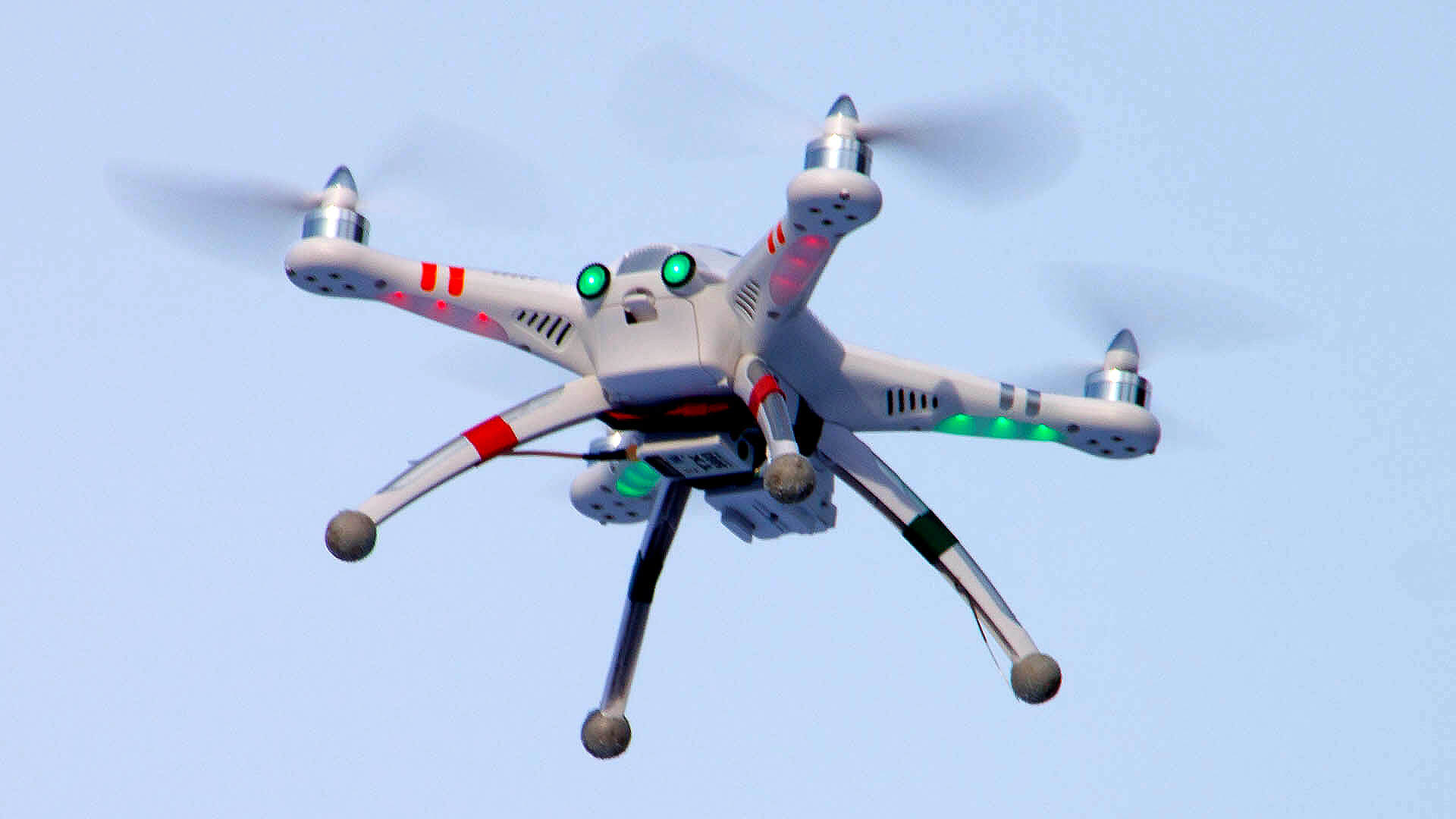Energy company executives went to bed Sept. 14 with a new existential worry: drone attacks. These are added to the general fear of a cyberattack that could hobble an oil company or bring down the electric grid, or parts of it.
Final details are not in yet, but it is believed that an army of drones hit two Saudi oil processing facilities early on the morning of Sept. 14, causing huge fires.
Heretofore energy companies, especially pipelines and electric utilities, found drones to be a gift. Drones have enabled oil and gas companies to monitor pipelines and electric utilities to monitor their transmission lines.
They are doing the jobs that were done initially by men on horses, then by teams in trucks and jeeps and by line technicians in helicopters. Less expensive, less dangerous and more efficient, drones have been a godsend.
Much of this surveillance is now done by these small electric aircraft, not appreciably different than those the general public can buy in a sophisticated toy store.
The attack on the Saudi oil installations, with its resultant destructive fires, harbors horrors for the future that haven’t been part of the portfolio of future uncertainties faced by companies with large installations or thousands of miles of exposed lines and, in some cases, over-the-ground pipes.
The traditional posture of utilities to this kind of physical threat has been not to try to meet every possibility with a tailor-made defense, but rather to respond quickly.
In fact, rapid response is in the utility DNA — and honed in foul-weather events. If lines come down, the utilities, with military precision, try to get them up again. They stock replacement parts and have a network of crews from neighboring utilities on call. Worst case, they hope, will be a short blackout.
“It’s like a military operation. Think of action stations aboard a ship,” a utility executive says.
But as climate change has increased expectations for extreme weather events, and as the digital society has put new demands on electricity resilience, rapid response is inadequate going forward.
Undergrounding electric lines, previously thought to be prohibitively expensive, is now on the table in the C-suites of some utilities. Worry about drones is another endorsement of that option, where possible. But undergrounding is only a limited defense and it is very expensive and not suitable for major lines carrying vast amounts of power.
Oil and gas companies are more worried about the central facilities than they are about the distribution systems, as far as drone attacks are concerned. Oil refineries have always been vulnerable and now that vulnerability is exposed. While most refineries won’t go up in flames because a small drone with an ignition source hits them, this threat will increase as weaponized private drones grow in power and carrying capacity.
There is a growth industry in protecting vulnerable infrastructure. From secure communications to shields against drone attack, the battle for safety on the home front has been joined.
Drone terrorists have the advantage that drones are cheap, anonymous and the threat is disruption and panic, even if the actual damage is trivial. Off-the-shelf terrorism has arrived.
The public will worry about the security of nuclear plants. Actually, these are probably the safest of large energy facilities from aerial attack. The nuclear vitals are encased in feet of concrete, steel and lead that protects them from bombs and cruise missiles, let alone the new threat coming from those once-fun toys: drones.
The departments of Homeland Security and Defense are acutely aware of the threat from drones and are examining ways to defend against these, sources say. They see a battlefield where the location of the enemy might not be known and where it will be harder to determine whether the perpetrator of an attack is a state player or a terrorist organization.

 Follow
Follow
Leave a Reply